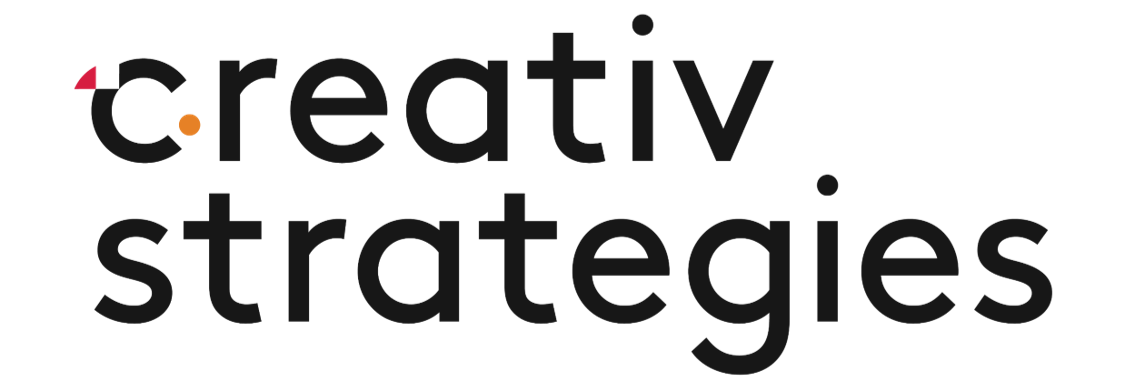The Creativ Brief: The Quality-Price Index
Quality is often perceived as inversely related to price.
As the quality increases prices increase; as quality falls price decreases.
However, in business choosing the cheap option usually costs you more in the long run.
In my last company, management chose the cheapest bid for their technology and website stack. We ended up redoing the website and CRM systems 3 times, costing the firm multiples more in the long-run.
In my current firm, we chose a cheaper legal option. We ended up having to redraft the documents again with a second, more expensive attorney.
That reality creates a quality-price paradox, in which choosing the more expensive, quality option actually saves you money and hassle over the long-term.
Save yourself the trouble. Do it right the first time. Go with quality.
3 Stories Dominating Media and Tech Headlines
Streaming companies are chasing Spanish-Speaking live sports rights in an attempt to grow their global audience. According to a study by Nielson on viewership habits, Hispanic viewers spend “more than 50% of their time consuming TV through streaming, eclipsing the general population by nearly 40%”.
Why it matters: Spanish speaking people are the largest growing audience in the United States. Leaning into Spanish-language broadcasts complements media companies’ efforts to grow their streaming subscriber base across demographics, and opens up new ad opportunities for the Spanish-speaking audiences.
Meta is launching generative AI capabilities that can be used in the Ads manager product for advertisers. The three main generative AI features that Meta is deploying are background generation, image expansion and text variations.
Why it matters: Small business advertisers constitute a major percentage of Meta’s advertising business. These new generative AI features will help companies deliver creative assets at scale by using AI to optimize headlines, copy text, and images during the course of a campaign.
The US is halfway through their Google antitrust battle, in which the US Government accused Google of dominating online search and advertising. These are the 5 main takeaways from the FTCs case so far:
Google pays billions to protect its search monopoly
Ad “clout” and higher ad prices were a result of Google’s search dominance
Google’s mass of search queries may be an AI advantage going forward
Google’s main point is: We’re big because we’re good
Google’s second point: Default search engines aren't that useful
Why it matters: A successful antitrust case would reshape the advertising landscape, forever altering how we use search, one of the most dominant advertising products ever.
Were you forwarded this email? Are you enjoying smarter marketing? Subscribe to the Creativ Brief today!
Subscribed
Client Spotlight - MOCEAN Welcomes Denise Wong as COO
Former Omnicom and Midnight Oil executive will drive innovation and scale across agency business units
Read the full feature here on Little Black Book.
Stat of the Week - Creator Campaigns on Social
Chart by Miles Mahoney
Instagram leads all platforms for influencer marketing with roughly 75% of all US marketers using the social platform for creator-led campaigns.
When it comes to the short-form video, the highest growth product among influencers and consumers, IG Reels is expected to widen the gap through 2025 for usage rates over TikTok.
For all the hype that TikTok is receiving in the market, Instagram continues its ability to mimic and deploy like media products to retain users.
One Fun Thing - Messi Mania and U.S. Soccer
I played soccer for 15 years into college. It feels like the beautiful game is finally having a moment in the U.S.
Some crazy stats cited in Adweek this week; the average ticket to Inter-Miami was $31. After Messi joined the team, the price spiked to $306. Google searches for Inter-Miami spiked 350% after his signing and jersey searches for merch rose 1140%.
The MLS is doubling down on a proven strategy - recruit famous footballers like Davi Via, David Beckham, and Lionel Messi to play for U.S. home teams to increase awareness, prices, and fan mania for the sport stateside.




